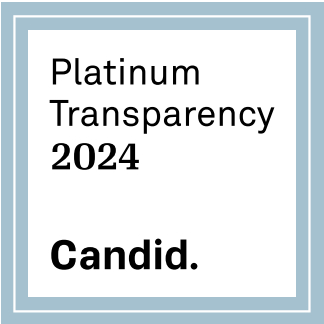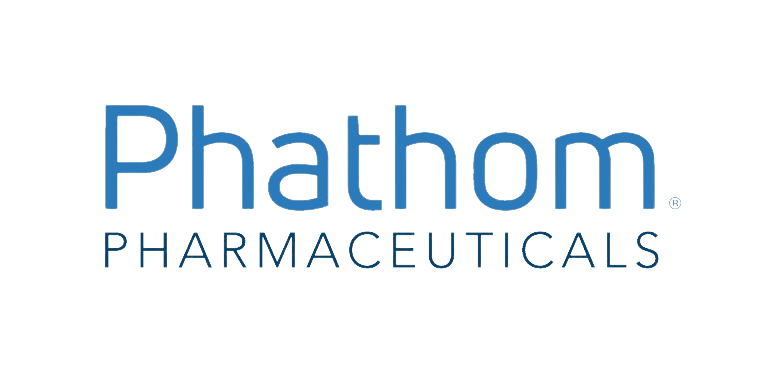-
Hiatal Hernia Surgery
- Question:
- I have GERD and have been told that I may need surgery to repair a hiatal hernia. Can you please explain the surgery? Will my GERD be resolved? What are the potential risks related to the surgery?
- Answer:
- Since its introduction, laparoscopic surgery for gastroesophageal reflux disease (GERD) has become one of the more common operations performed in the United States.
Learn more about laparoscopic surgery
It is interesting that there is still not a consensus amongst physicians as to the proper role of this procedure in the management of GERD. Many physicians (especially surgeons) are very fond of this operation. However, many physicians (mostly non-surgeons) are very much opposed to it. Consequently, patients are often faced with information from different sources that appears to be completely contradictory.
The basic problem in patients with GERD is that acid from the stomach refluxes up into the esophagus (food pipe). The barrier that prevents this from happening is complex. However, there are only a couple of things that can go wrong here:
- The muscle at the bottom of the esophagus – the lower esophageal sphincter – may become weakened.
- One may have a hiatal hernia. (In health, the esophagus should be in the chest and the stomach should be in the abdomen. The diaphragm is a thin muscle that separates the chest from the abdomen. In people with a hiatal hernia, the stomach has moved up above the diaphragm and into the chest.)
When either of these problems happens, the barrier between the stomach and the esophagus is less competent and more likely to allow reflux of stomach acid into the esophagus. A hiatal hernia tends to make the anti-reflux barrier more open and weaker. Consequently, it allows acid reflux to occur more easily. The hiatal hernia itself usually does not cause symptoms unless it is very large.
Surgical therapy corrects these underlying problems. The surgeon can pull the stomach back into the abdomen, correcting the hiatal hernia.
Furthermore, whether or not a hiatal hernia is present, the surgeon can take the top part of the stomach (the fundus) and wrap it around the lower esophagus, much like a tailor can cuff a pair of pants (a procedure called fundoplication). This strengthens the lower esophageal sphincter muscle and helps prevent acid reflux from occurring.
The procedure can nearly always be done laparoscopically, using very small incisions. Typically, patients will spend the next one to two days in the hospital and 2–4 weeks at home recovering. Ideally, within a few weeks, patients will no longer have heartburn, and no longer need to take heartburn medication.
Most of the data on success rates comes from specialty centers where this type of surgery is performed every day and patient satisfaction is high. The same results are not seen in less experienced centers, where satisfaction rates are lower and complications ocurr more often.
The most common complications are difficulty swallowing, abdominal bloating, diarrhea, and nausea. Most patients can’t belch as well as they could before surgery, although the inability to belch is distinctly uncommon. About 25% of patients can’t vomit after surgery. A recently published study from the Veterans Administration showed that 62% of patients having surgery required medications for heartburn after 10–13 years.
There are some special situations that deserve mention. It appears that the ideal candidate for the operation is the patient with heartburn that responds nicely to medical therapy. Patients with atypical symptoms of GERD, such as laryngitis, chronic cough, or asthma don’t seem to do quite as well. Patients with a poor response to medical therapy may not do as well either. The main reason for this is that these patients may have problems besides GERD that are causing these symptoms that are unresponsive to treatment (refractory symptoms).
Some patients develop a stricture, which is a narrowing of the esophagus caused by severe acid reflux. The surgical results in these patients are not quite as good as in patients who don’t have a stricture. Having surgery for a stricture is still controversial, but it is my belief that most patients with this problem are better off not having surgery.
Another controversial area is Barrett’s esophagus. This is a situation where the lining of the esophagus changes to a potentially pre-malignant tissue. Some surgeons feel strongly that surgery will decrease the risk of developing cancer, and will so inform their patients. Unfortunately, there is no compelling scientific evidence that this is true. Most experts in this area believe that surgery should not be performed for the sole purpose of preventing esophageal cancer.
There are some people with a very large hiatal hernia, where one-half of the stomach or more is actually in the chest. The currently available medical therapy rarely works in these people and surgery is usually necessary.
Surgery for GERD should be considered in three circumstances:
- People who have side effects to medical therapy may require surgery. However, please keep in mind that there are now several proton pump inhibitors. It is uncommon to see a person who cannot tolerate any of them.
- People who are poorly responsive to medical therapy may benefit from surgery. However, as stated above, some refractory symptoms may be unrelated to GERD. The physician should be as certain as possible that the symptoms are indeed due to GERD.
- People who wish to be free of the need to take medications for their GERD may choose to have surgery. [Note that some patients must continue to use anti-reflux medication even after surgery.]
Individuals must be aware that the overall satisfaction rate is around 95%, and the chance of being symptom-free is about 70%. I rarely have a patient ask me about what happens to patients who don’t do well; they seem to assume that they will be one of the 95% who have a good outcome. Many of these patients simply don’t respond and need to continue taking medication.
However, 1–2% of all surgical patients are worse after the procedure. It must be pointed out that the few patients who do poorly with this operation have a life-altering experience. They often have difficulty with swallowing, nausea, chest pain, or abdominal pain that is refractory to all medical and surgical therapies and occurs with every meal for the rest of their lives.
Experience has taught us several important lessons:
- There is no substitute for surgical experience. If you are considering surgery for the treatment of GERD, ask your doctor how many of these operations they have done. The best results can be expected from surgeons who have done 200–400 operations or more.
- The patients who do the best are those with simple heartburn that responds nicely to medical therapy. If your symptoms don’t respond to medical treatment, ask your doctor about how certain he or she is that the symptoms are related to GERD and not something else.
- Several diagnostic tests are imperative before surgery. Make sure to ask your doctor if all necessary testing is completed and that the results suggest that a good outcome will be obtained with a successful operation.
If these criteria are met, the chances are favorable for a good, long-term response to surgical therapy for GERD.
Adapted from IFFGD Publication: GERD, Hiatal Hernia, and Surgery by J. Patrick Waring, MD, Digestive Healthcare of Georgia, Atlanta, GA.








